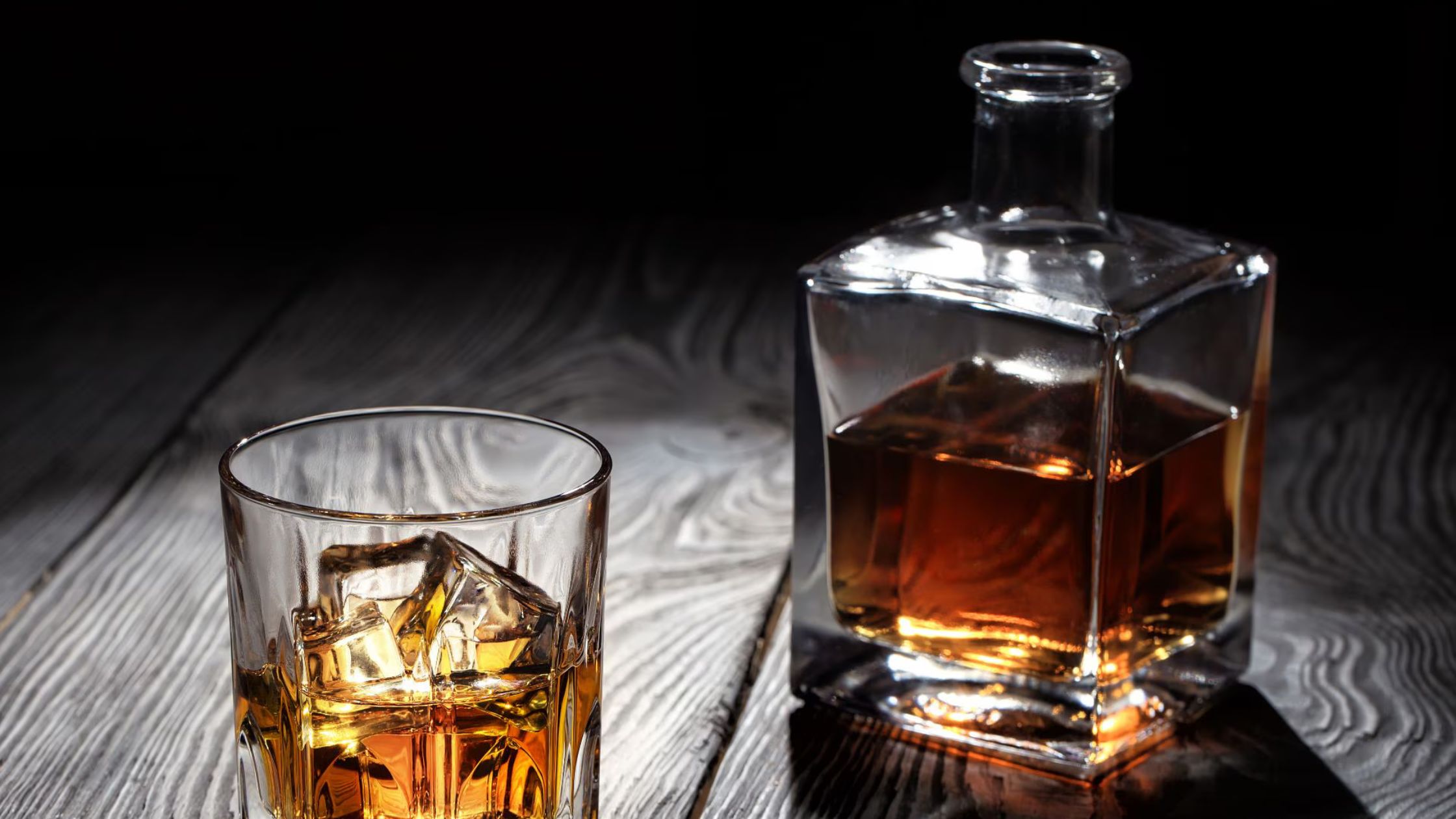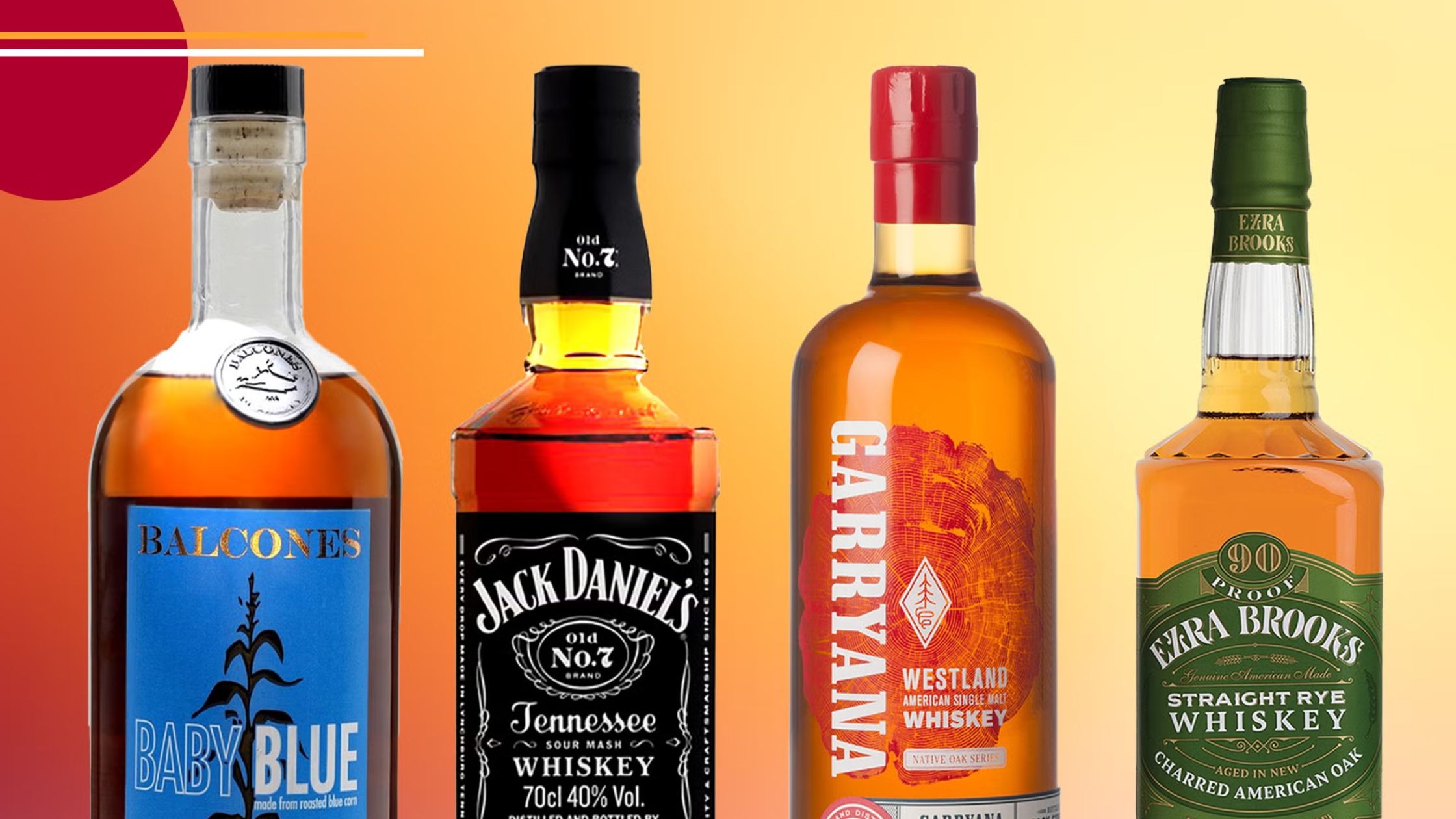Rockford Reserve vs Oaksmith Gold: Taste Notes and Price Comparison
2026-02-13

Whiskey vs. Whisky has long been an ongoing debate for spirit enthusiasts. If you have ever browsed the liquor aisle or been sitting at a bar when encountering these different spellings and wondered: is there really any difference, or is this just about preference? However, Whiskey vs. Whisky goes deeper than just spelling; it involves history, production methods, flavor profiles, and regional influences, which come into play here.
In this comprehensive guide, we will explore the origins and distinct flavors of both Whiskey and Whisky to help you choose which best meets your personal taste preferences.
The distinction between "Whiskey" and "Whisky" goes beyond just spelling variations; it reveals something about regional heritage, traditions, and production techniques. Let's break down its key distinctions:
| Aspect | Whiskey | Whisky |
| Regions | Ireland & United States | Scotland, Canada & Japan |
| Spelling | Includes an "e" (Whiskey) | No "e" (Whisky) |
| Distillation | Typically triple distilled | Usually double distilled |
| Grain Used | Often includes a mix of grains like barley, corn, rye, and wheat | Mainly malted barley |
| Flavor Profile | Smooth, light, and sometimes sweet | Robust, smoky, and complex |
| Aging Process | Aged in new and used oak barrels | Aged in oak casks (often ex-bourbon or sherry) |
| Popular Examples | Jameson, Jack Daniel’s, Maker’s Mark | Glenfiddich, Macallan, Hibiki |
Whisky (without an "e") originated in Scotland before spreading to Canada and Japan. The name itself derives from Uisce beatha, or water of life in Gaelic. Scotch whisky adheres to strict regulations, including being aged for at least three years in oak casks before distillation takes place.
Canadian whisky follows similar guidelines but often incorporates rye into its mash bill, leading to its popular designation as "rye whisky.
Ireland pioneered smoother distillation methods for whiskey production, commonly triple-distilled for a lighter taste. Irish immigrants brought these techniques with them when immigrating to America, where they quickly adapted to local conditions, resulting in variations like Bourbon and Tennessee Whiskey.
Irish distillers in the 19th century used an extra "e" in "whiskey" to distinguish their product from that produced in Scotland.
Whisky and whisky's taste depends on various elements, such as the types of grains used, the distillation process, the aging duration, and the types of barrels used for maturation. Although all whisk(e)y styles share certain common traits, each style offers distinct flavor profiles to satisfy different preferences.
.jpg)
Scotch whisky is famed for its complexity and wide array of flavors. Depending on its region of production, you might come across whiskies with notes of peat, smoke, fruit or spice; Islay Scotch is best known for its signature smokey character, while Speyside ones often boast sweeter and more refined profiles with notes such as honey, apple, and dried fruit. Oak casks from ex-bourbon or sherry barrels add layers of depth and richness to these whiskies' tastes.
.jpg)
Irish whiskey tends to be lighter and smoother due to its triple distillation process, with flavors such as vanilla, caramel, and dried fruit combined with honeyed floral notes and honey sweetness. Unlike Scotch, most Irish whisky does not feature an overly smoky character, making it an excellent choice for those seeking an approachable spirit with delicate characteristics.

American whiskey, both Bourbon and Rye whiskeys, boasts bolder and sweeter profiles than its European counterparts. Bourbon made from corn typically features caramel, vanilla, oak, and spice flavors with a silky smooth texture; on the other hand, Rye has more pepperiness due to its higher rye content; Tennessee whiskies such as Jack Daniel's go through an additional charcoal filtering process known as the Lincoln County Process for added smoothness.
.jpg)
Canadian whisky is commonly known as "rye whisky," although not all Canadian whiskies contain high amounts of this grain. Its light body and smooth flavor profile offer caramel, spice, and subtle fruitiness, thus making it suitable for cocktails or mixed drinks.
.jpg)
Japanese whisky has earned global renown for its craftsmanship and precision. Drawing inspiration from Scotch whisky, Japanese distillers focus on harmony, elegance, and delicate flavors like floral or fruity notes with subtle smokiness and refined smoothness—markers of Yamazaki and Hibiki brands celebrated for their meticulous blending techniques and advanced aging processes.
If you’re new to Whiskey vs. Whisky, choosing the right one can be overwhelming. Here are some tips:
No definitive winner exists in the Whiskey vs. Whisky debate--it all boils down to personal preference. From Scotch's rich, smoky aroma and smooth finish to Irish whiskey's delicious sweetness and sweet aftertaste, or Japanese whisky's elegant refinement—there is surely a spirit out there to suit your palette.
Find your whiskey favorite by tasting! hesitez To discover your perfect whiskey, visit distilleries and whiskey tasting events, or simply sample different styles to develop your palate. Whiskey vs. Whisky isn't simply about spelling; it's an experience in culture and craftsmanship with every sip and sip you take! Cheers!